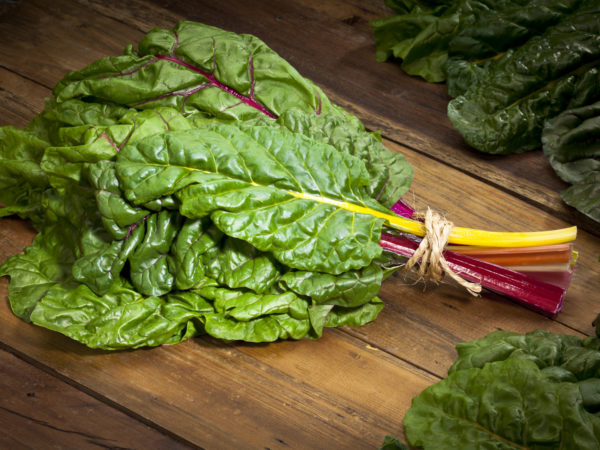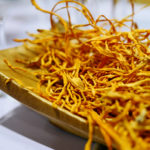Are You Eating Swiss Chard This Summer? 3 Reasons You Should Be

One of the dark, leafy greens that nutritionists frequently recommend, Swiss chard is similar to spinach, kale and collard greens. Tall and leafy with a crunchy stalk, chard is slightly salty and a tad bitter, and works well with fish and vegetable dishes. But what makes chard so compelling is its nutritional profile. Chard is:
- An excellent source of vitamins A, K, C, E, magnesium, manganese, potassium and iron.
- A good choice to lower cancer risk. Its combination of minerals, phytonutrients and fiber may help to prevent digestive tract cancers, including colon cancer.
- A rich source of vitamin K, which is needed for production of osteocalcin (a protein important in bone and tooth mineralization).
If you are unfamiliar with chard, try substituting it or mixing it into recipes that call for fresh spinach or other greens. Experiment with seasonings, and you will likely find chard to be a welcome addition to your healthy diet. When choosing Swiss chard, look for stalks and leaves that are paler in color, as white chard tends to be the most tender. And if you’re looking for an easy vegetable to grow, chard needs little care and thrives in almost any climate.
Try Swiss Chard in Hot & Sour Greens.
Today’s Health Topics
Editor's Pick
Health Focus
Ask Dr. Weil's Q&A
 |











